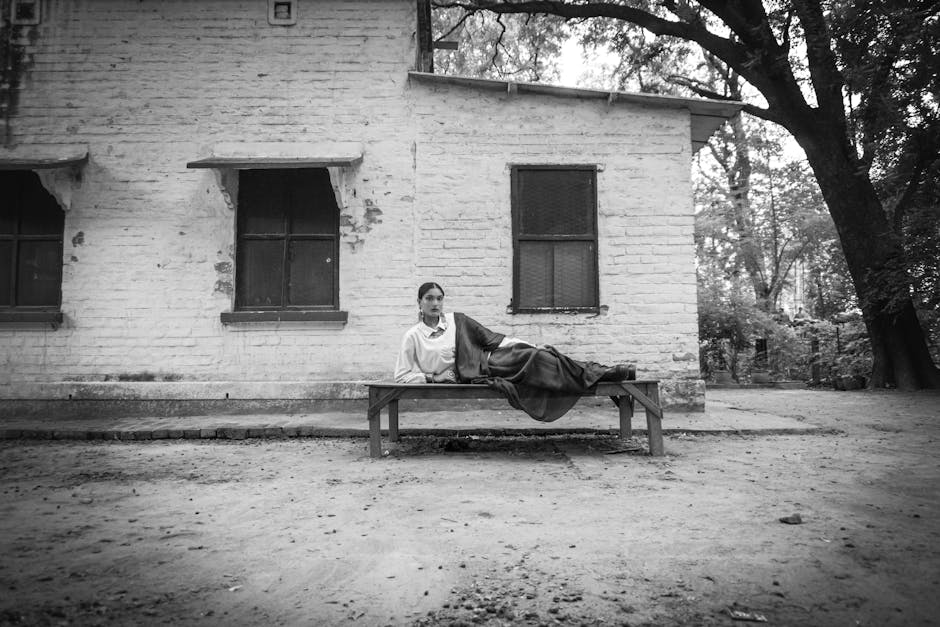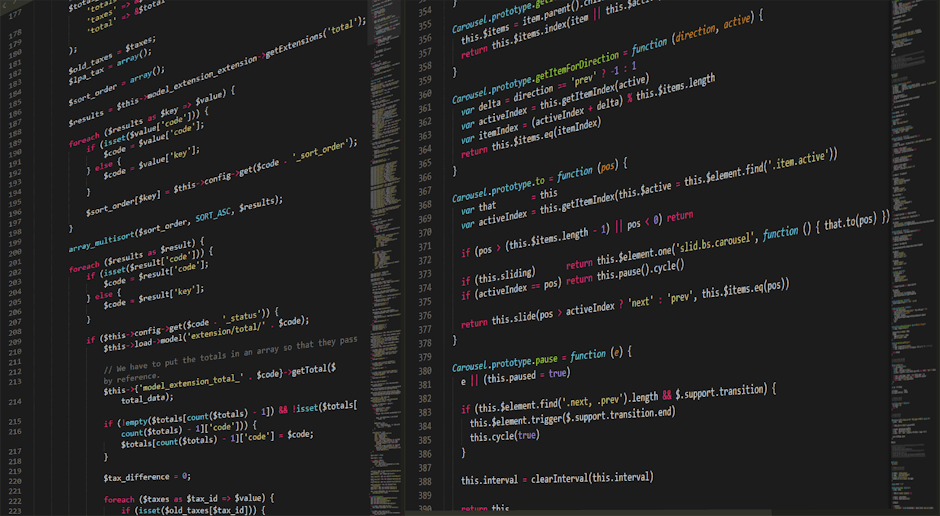
New York City. What a place, right? The energy, the food, the fact that you can get just about anything delivered at 3 AM. But also, the rent. Man, the rent here is just… something else. Trying to find a decent, affordable spot to live in this city? It feels like you’re trying to win the lottery, every single day. Or maybe, you are. And that’s where Housing Connect comes in, this big online portal that pretty much everyone hoping for a break on rent has to deal with.
So, it’s 2025 now. The city hasn’t gotten any cheaper, that’s for sure. And Housing Connect? It’s still the main game if you’re looking for income-restricted apartments or those special homes set aside for specific groups. Some folks call it a lifeline. Others? A frustrating, never-ending waiting game. It’s a bit of both, honestly.
It’s not some simple app where you just click and get an apartment, you know? It’s more like a really, really long marathon with a bunch of paperwork and income checks. And patience? Oh man, you’re gonna need tons of that.
Getting Your Head Around Housing Connect: The Basics (and Beyond)
Alright, first off, Housing Connect isn’t just one type of apartment. It’s a mix. You’ve got your “80/20” buildings, where 80% of the apartments are market-rate and 20% are affordable. Then there are fully affordable buildings. Sometimes they’re for seniors, or people with disabilities, or specific income brackets. It’s a whole spectrum. Each lottery listing has its own rules, like how much money you can make or how many people are in your family. It’s not a one-size-fits-all thing, no way.
The website itself? Housing Connect 2.0 has been around for a while now, trying to make things smoother than the old version. But, let’s be real, navigating it can still feel like trying to solve a Rubik’s Cube blindfolded the first few times. You create an account, build your household profile, and then you start applying for lotteries. Sounds simple. It is not.
Building Your Profile: Your Digital Apartment Hunt Resume
This is probably the most crucial part. Before you even think about applying for anything, your profile needs to be spot on. We’re talking about all your personal details, income sources, family size, disability status if that applies to you, and anything else they ask for. And they ask for a lot. Like, way more than you think. Every single piece of information they want, you better make sure it’s accurate. Because if you get picked for a lottery and something doesn’t match up with what you put in your profile, well, that’s often a fast track to getting disqualified. And nobody wants that after waiting for ages.
What’s kind of funny is how picky it feels. One small typo or a slightly off income estimate can mess things up. So, double-check. Triple-check. Ask a friend to check it. Your financial situation needs to be really clear. Pay stubs, tax returns, bank statements – they’ll want to see them. So, start gathering those documents way before you even think about applying. Being prepared is half the battle, maybe even more than half.
The Lottery Life: Applying and Waiting (and Waiting Some More)
Once your profile is squared away, you start looking for open lotteries. The site lists new ones all the time. You can filter by borough, by income range, by how many bedrooms. Find something that fits your family and your wallet, and then you apply. It’s basically just clicking a button, but that simple click represents a whole lot of hope for a lot of people.
After you apply, you get a log number. This is super important. It’s your place in the line, kind of. A lower log number means they’ll probably look at your application sooner if you qualify. Higher numbers? Well, you might still get picked, but it’s less likely unless they run out of lower numbers. It’s all random, of course. A computer assigns these numbers. But people always talk about them like they’re winning lottery tickets. Which, in a way, they are.
The waiting period can be months. Or years. Sometimes, nothing at all happens for a very, very long time. And that, frankly, can be soul-crushing. You apply, you forget about it, then maybe a year later, an email pops up saying, “Hey, we’re looking at your application!” That’s the best email. But a lot of times, you just don’t hear anything. That’s just how it goes sometimes with this system.
Preference Groups: A Little Push in the Line
Something many people don’t fully get is how preference groups work. It’s not just about your income or family size. NYC tries to help certain groups first. Like, if you live in the community board area where the new building is, you usually get a preference. Or if you’re a city employee, or if you’re someone with a mobility or visual disability. These preferences mean your application gets looked at before others, even if your log number isn’t the absolute lowest. So, understanding these can actually make a big difference for your chances. It’s definitely something to research when you’re looking at specific listings.
The Interview: Don’t Mess This Up
So, let’s say you get lucky. Your log number gets called, and they invite you for an interview. This is it. This is where they verify everything you said in your profile. You’ll need to bring all those documents you gathered earlier – income proof, bank statements, birth certificates, utility bills, anything that shows who you are, where you live, and how much money you make.
This interview isn’t like a job interview, not really. It’s more of an audit. They’re checking for discrepancies. Be super honest and bring every single paper they ask for. If you forget something, it can seriously delay your application, or even get it tossed out. And seriously, don’t try to hide anything. They’ll find out. This part is probably the most stressful for a lot of folks because it feels like a final exam for your future home. A mistake here, goodbye apartment.
I remember hearing stories, people showing up without a recent bank statement, or their income changed a little bit since they applied, and boom, back to square one. It’s tough. This part is a real test of preparation.
Is It Even Possible? A Realistic Look at Your Chances
Look, getting an apartment through Housing Connect is tough. It is. New York City needs so much more affordable housing than it has, or likely ever will have. Millions of people live here, and a huge chunk of them qualify for these units. The odds can be pretty slim, sometimes thousands of applications for just a few dozen apartments.
But people do get them. All the time. I know people who live in these apartments. It happens. It takes persistence. It takes patience. And maybe a little bit of luck with that log number. The main thing is to keep applying. Don’t just apply for one or two and give up. Apply for every single one you qualify for. It’s a numbers game, really. More applications mean more chances. Simple as that.
And don’t fall for scams! People asking for money to “help” you get an apartment? That’s a red flag. Housing Connect is free to use. There are no fees to apply, no special agents who can skip the line for you. If someone asks for money, run the other way.
Some Final Thoughts and Tips for 2025
Set up alerts: The Housing Connect website lets you get emails when new lotteries open that match your criteria. Definitely do that. Don’t wait to check manually.
Keep your documents updated: Even if you’re not actively applying, or if you’re waiting on a log number, keep your financial papers current. When that interview invitation comes, you don’t want to be scrambling.
Don’t give up: It’s a long shot, but it’s the shot for many. Just keep at it. Apply, forget, apply again.
Understand the rules: Every listing has different rules. Read them carefully. Sometimes, they’ll specify things like “no pets” or “smoke-free building.” It’s important stuff.
Consider all options: Sometimes a lottery will pop up in a neighborhood you hadn’t really thought about. Don’t immediately dismiss it. A cheaper place in a slightly less ideal spot might be better than no place at all.
This whole process, it’s not for the faint of heart. It can feel like you’re doing a lot of work for a small chance. But for so many New Yorkers, it’s the only path to a stable, affordable home in a city that often feels like it’s trying to push you out. It’s a system, for sure, and sometimes, a frustrating one. But it’s also a system that helps thousands of families find homes they can actually afford. And that, I believe, is pretty important.
Frequently Asked Questions About Housing Connect
So, after all that, here are some common questions people usually have about this whole Housing Connect thing.
1. How often should I check the Housing Connect website for new lotteries?
You really don’t have to check it manually every day. What you should do, once your profile is set up, is sign up for email alerts. The website has a feature where it sends you notifications when new lotteries pop up that match your household size and income. That way, you won’t miss anything, and you can just apply when you get the email. But if you’re super eager, maybe check once a week, just in case something interesting shows up that the alert didn’t quite catch.
2. What kind of documents do I need to apply or prepare for an interview?
Oh, a lot. Like, seriously, a lot. You’ll definitely need proof of identity (ID, birth certificates), proof of income (pay stubs, tax returns from the last couple of years, W-2s, 1099s, any benefits statements like Social Security or unemployment), and assets (bank statements, retirement account statements). If you’re employed, they might want a letter from your job. For self-employed folks, it’s even more complex, often needing detailed business records. They want to see everything to confirm your income and household size matches what you said in your application.
3. Can I apply for Housing Connect if I don’t currently live in New York City?
Yes, you can actually apply! There’s no rule that says you have to be a current NYC resident to submit an application through Housing Connect. However, here’s the catch: many housing lotteries have “preference” for current NYC residents, especially those who live in the specific community board where the building is located. So, while you can apply, your chances might be lower than someone who already lives in the city or the neighborhood. But hey, an application costs nothing but a little bit of time.
4. What happens after I submit an application and get a log number?
Mostly? You wait. A long, long time. After you apply, you get a unique log number. This number dictates your position in the random lottery draw. Developers or housing agencies will start processing applications from the lowest log numbers first, and they’ll go through them as they qualify people. If your number gets picked and you meet all the criteria, you’ll be contacted for an interview to verify your details and documents. If not, you might not hear anything at all, or you might get a polite email saying they’ve moved on. It’s just how it is.
5. Is it really possible to get an apartment through Housing Connect, or is it just a pipe dream?
It’s absolutely possible! It’s not a pipe dream, even though it can feel like one with how competitive it is. Thousands of people get apartments through Housing Connect every year. It takes a huge amount of persistence, patience, and some luck with your log number. You have to be consistent, apply for every lottery you qualify for, make sure your profile is perfect, and be ready with all your documents if you get called. It’s a marathon, not a sprint, but people do cross the finish line.






